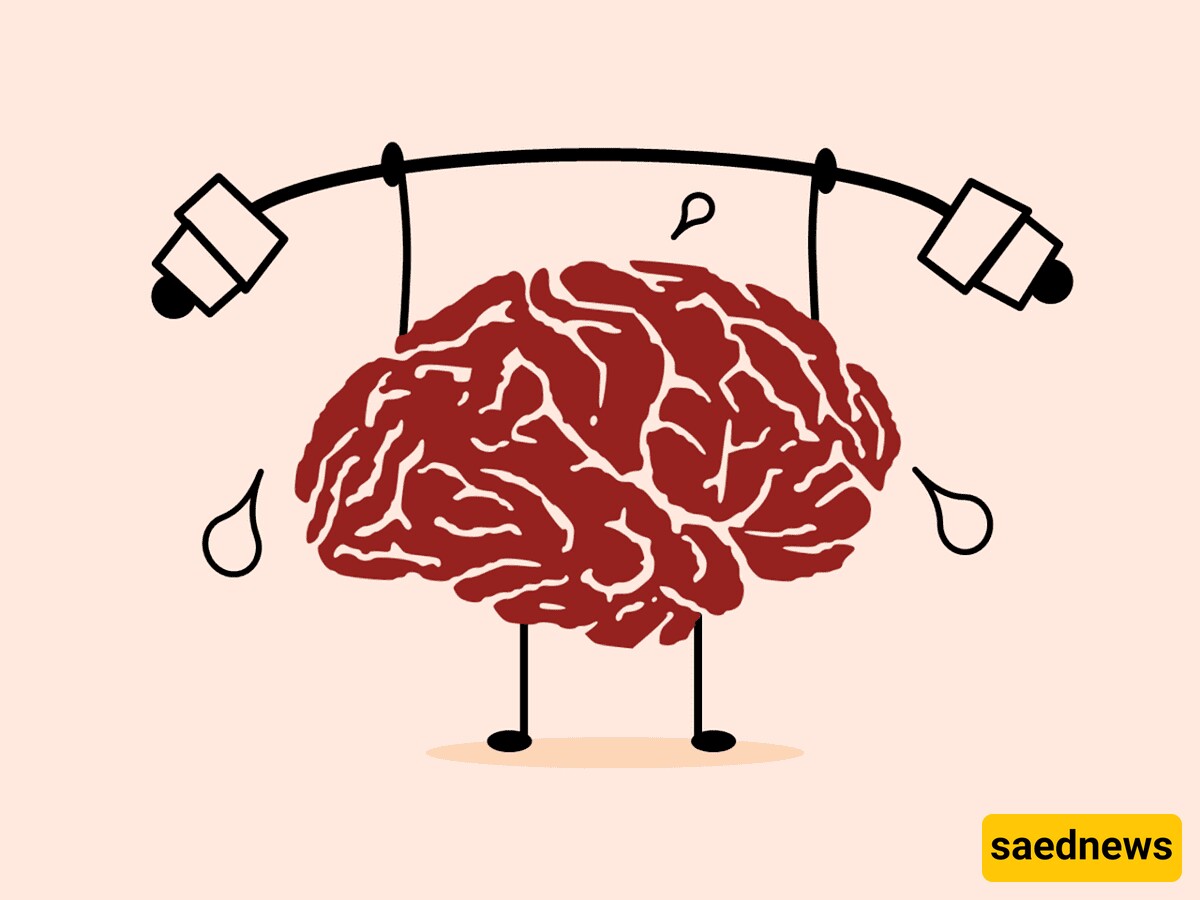SAEDNEWS: Modern life, with its countless stresses and challenges, has highlighted the need for special attention to mental health more than ever before. Mental health is a solid foundation for success, happiness, and quality of life, and with proper management, one can overcome daily pressures and experience inner peace.

According to SAEDNEWS, mental health is not merely the absence of mental illnesses but also refers to your ability to manage emotions, cope with stress, and build healthy relationships. In today’s fast-paced world, we may sometimes neglect our psychological needs, and this neglect can have negative effects on our quality of life. However, fortunately, by following a few simple principles and making lifestyle changes, mental health can be improved, and mental balance can be restored. In this article, we will discuss practical ways to manage mental health so you can experience a happier life.

Mental health refers to maintaining balance and psychological well-being when facing life’s challenges, pressures, and changes. Mental health not only affects the quality of life but also plays a crucial role in improving social relationships, professional success, and daily decision-making. With the increasing stress and pressures of modern life, managing mental health has become a fundamental necessity. In this article, we will discuss strategies that can help you maintain and improve your mental health.
Acceptance of Emotions and Self-Awareness:
Recognize and accept your emotions. Suppressing negative emotions can be harmful.
Practicing mindfulness and meditation can help reduce anxiety and increase focus.
Connecting with Others:
Strong social relationships are one of the most important factors for mental health. Spend time with friends and family.
Share your feelings with trusted individuals.
Stress Management:
Use stress management techniques such as exercise, deep breathing, or yoga.
Prioritizing tasks and planning can reduce work pressure.
Maintaining a Healthy Lifestyle:
Proper nutrition, sufficient sleep, and regular physical activity play significant roles in improving mood.
Limit the consumption of harmful substances such as alcohol and excessive caffeine.
Seeking Professional Help:
If you feel overwhelmed mentally, seek help from a psychologist or counselor.
Consulting a professional reflects your strength in taking care of yourself, not weakness.
Setting Boundaries and Saying No:
Learn to say "no" to unreasonable expectations and external pressures. This prevents mental burnout.
Engaging in Enjoyable and Purposeful Activities:
Dedicate time to activities you love, such as art, music, or reading books.
Set short-term and long-term goals and work towards achieving them.
Conclusion
Mental health is an ongoing process that requires attention and effort. By applying these strategies, you can keep your mind in its best state and lead a happier and more fulfilling life. Mental health is a gift you give to yourself.

